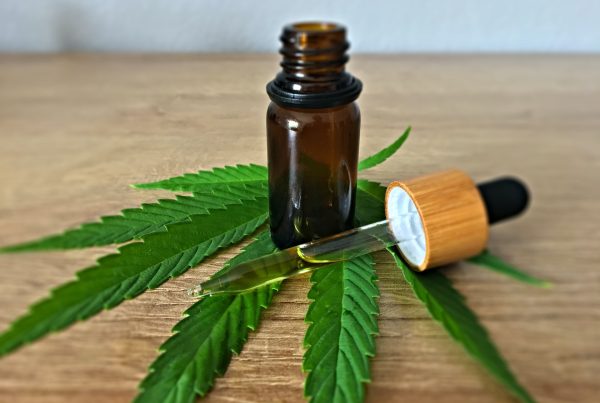
You don’t have to be tired! photo credit: pedrosimoes7 via photopin cc
Insomnia and Difficulty sleeping is a very common compliant by many. Some people experience anxiety and can’t fall asleep, and some can’t fall asleep and that stems anxiety! Nonetheless, not getting enough sleep is not good for your mind, body and emotional well being even causing depression, increasing Cardiovascular Disease as well as Accidents. (1) Here are a few tips to help you get more restful sleep.
1. Avoid Caffeinated beverage
People do not realize how much caffeine they are consuming throughout the day including teas, coffees, sodas even energy drinks! If difficulty sleeping is a problem for you, you should make sure you stop your caffeine intake by noon. Increased caffeine intake is known to stimulate your mind making it harder to calm down when needed. It has also been linked to increased nightmares in some. Caffeinated beverages also act like a diuretic and you will have to get up and go to the bathroom more often. Also avoid Alcohol, the once “night cap” before bed actually inhibits your REM cycle and will actually help you fall asleep but keep you up awake at night!
2. Maintain good sleep hygiene
This means having a routine and regimen that you do every day at the same time. Training your body to sleep about an hour before doing so helps the body get into a routine in which it eventually becomes natural and craves. This can include brushing your teeth, reading a book, journaling, turning screen time off, etc. All these behaviors repeatedly over time will help body relax and fall into a natural rhythm.
3. Avoid stimulating conversation and arguments and start Exercising!
Avoiding heated conversations and arguments before going to bed is a good idea. If it can wait, discuss things in the morning. Having arguments prior to bed revs you up and you are more likely to dwell on the conversation and situation making it less likely for you to fall asleep and ruminate more. Exercise actually improves sleep as effectively as pharmacological treatments in some studies. (1) It’s actually more beneficial and considering all the good it can does why not give it a try!
4. Silence your phone and notifications
Silencing your phone and turning off all social media notifications will allow you to not get disturbed while sleeping. You are less likely to get up and check messages and dwell on what you just read. Also sleeping in a dark room with no other visible lighting helps!
5. Avoid Naps during the day
Sleeping during the day can prevent you from sleeping in the night and be problematic for you. If possible try to fight the nap during the day and go to bed a little earlier. If you’re napping during the day more than you’re sleeping at night, you will have to see if you are able to change your behavior to get good quality sleep. Also evaluate why you’re napping during the day because you got less sleep at night or because you’re catching up on sleep? Either way, don’t perpetuate the cycle!
6. Consider Acupuncture, Cognitive Behavioral Therapy, Hypnotherapy, Meditation, Yoga.
There are many alternative approaches you may consider that will help you relax and improve insomnia including Acupuncture, Cognitive Behavioral therapy, hypnotherapy, yoga, mediation and reiki. All have been shown to help relax the mind, ease anxiety and depression and improve over all quality of life and sleep. Meditating before going to bed is a good idea whether it’s for 5 min or an hour. This helps calm the mind down while controlling the thoughts. There are many practitioners out there, do your research and get recommendations and don’t be afraid to try something new!
7. Discuss Care with your Primary Care doctor.
If you are avoiding naps, tried meditation and are still having trouble, there could be other problems your physician can look into. Your primary care physician may also recommend herbal teas, and possibly melatonin. Valerian Root and Melatonin are both effective in helping with sleep disturbances and the circadian rhythm and cycle. Herbal teas can also be relaxing and induce good sleep hygiene. If that’s not an option or not working well, your physician may consider starting you on a prescription medication which may also help with insomnia.
References:
1. RAMAKRISHNAN, KALYANAKRISHNAN, MD, and DEWEY C. SCHEID, MD, MPH. “Treatment Options for Insomnia.” American Family Physician 76.4 (2007): 517-26.
photo credit: pedrosimoes7 via photopin cc


